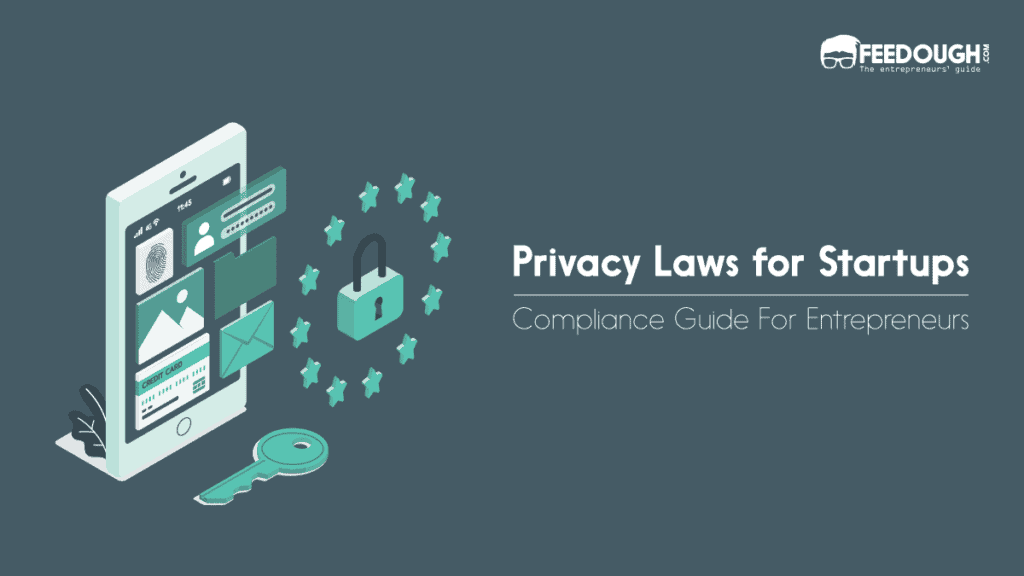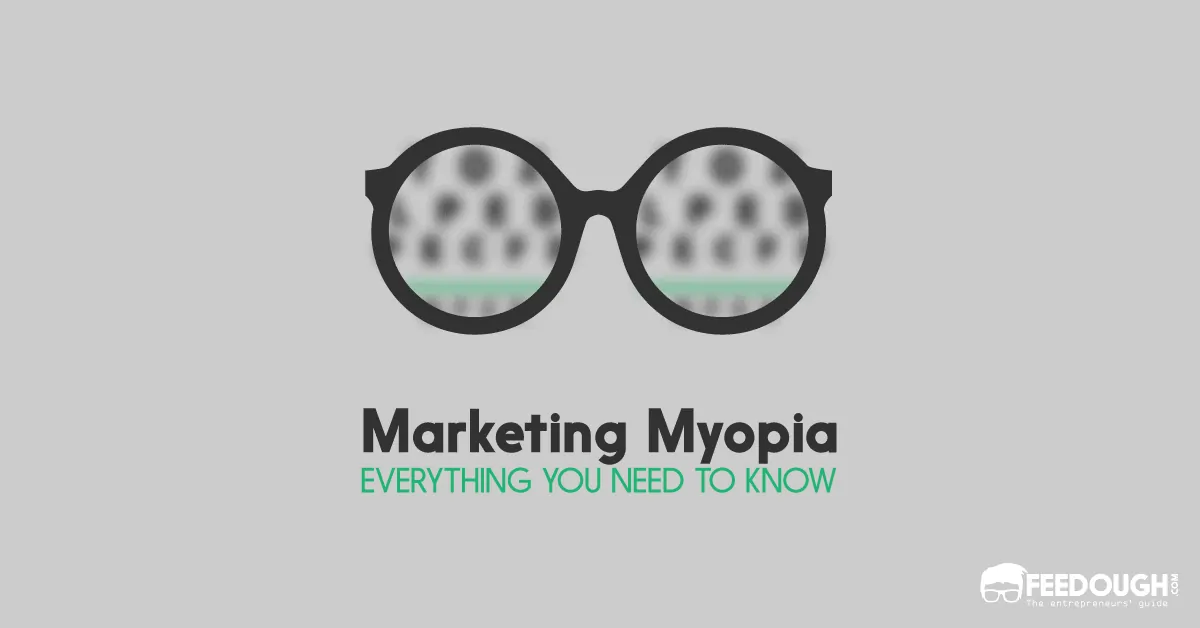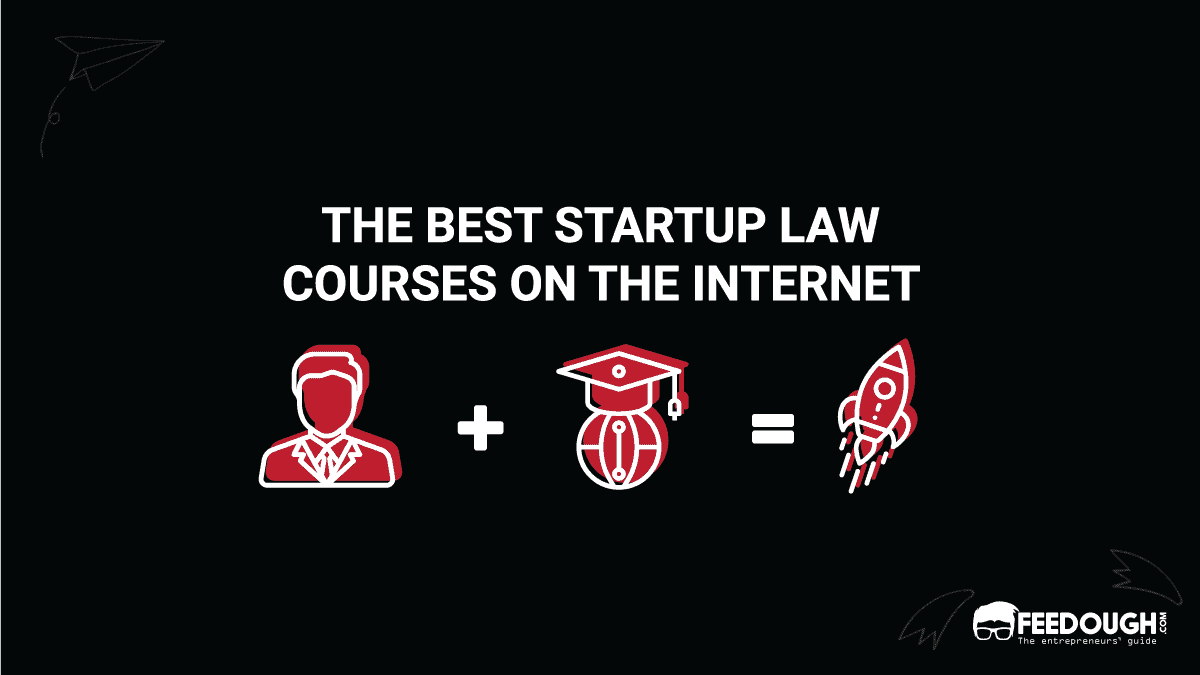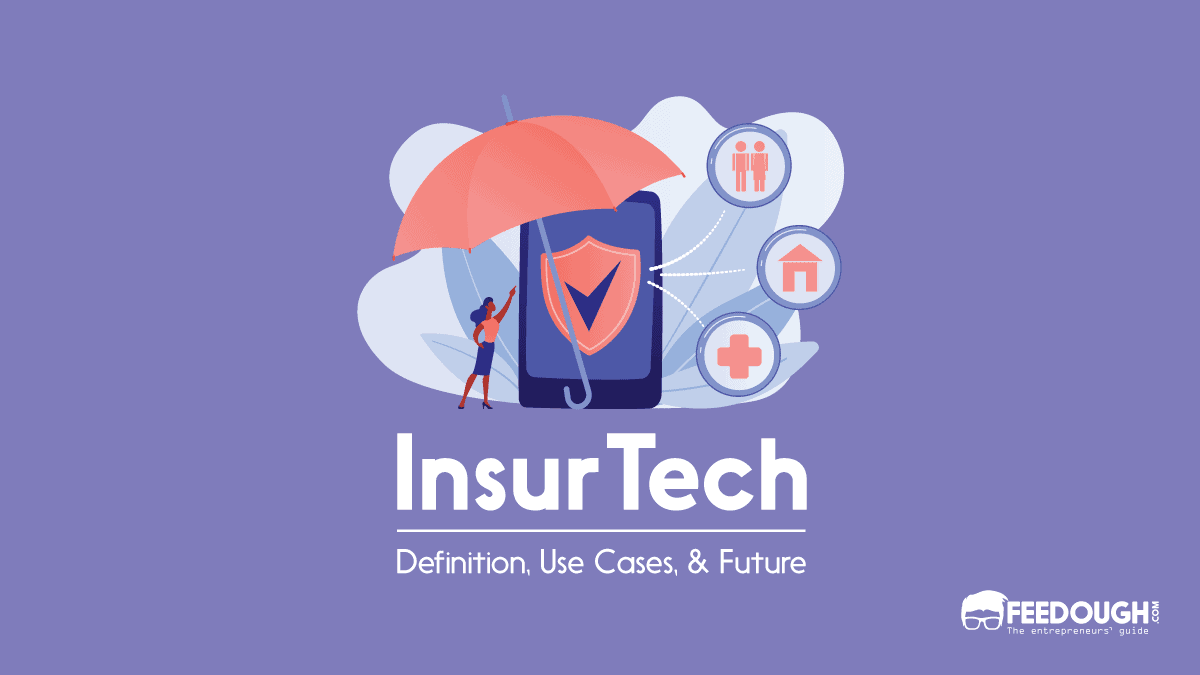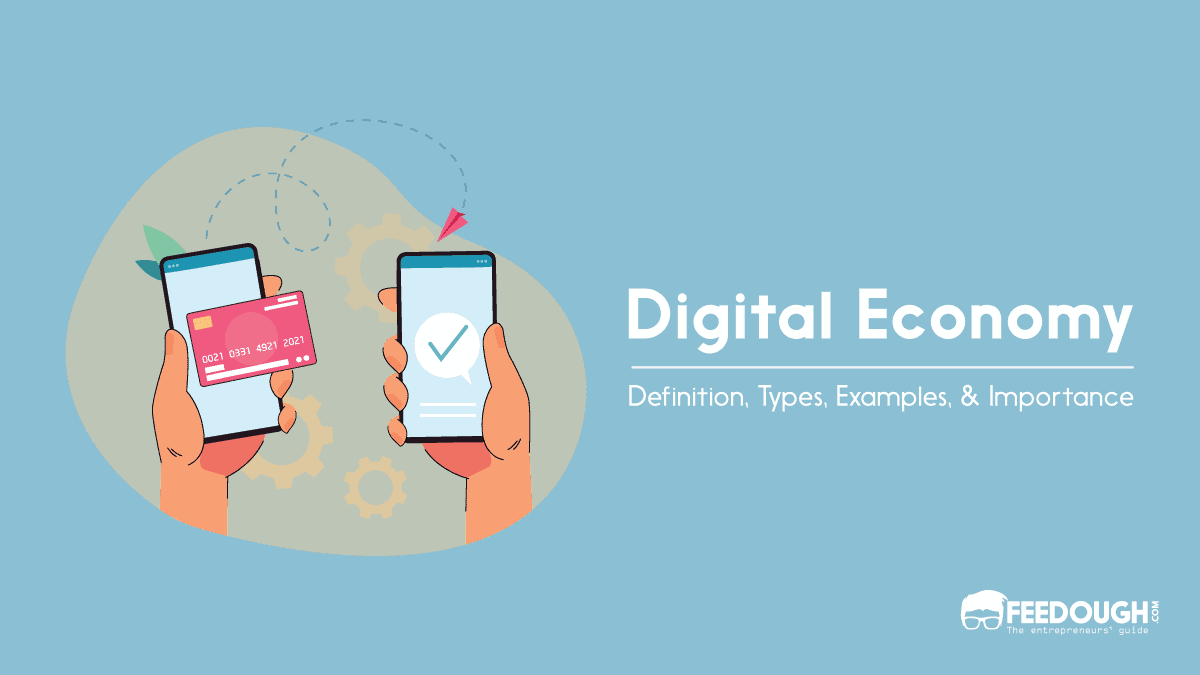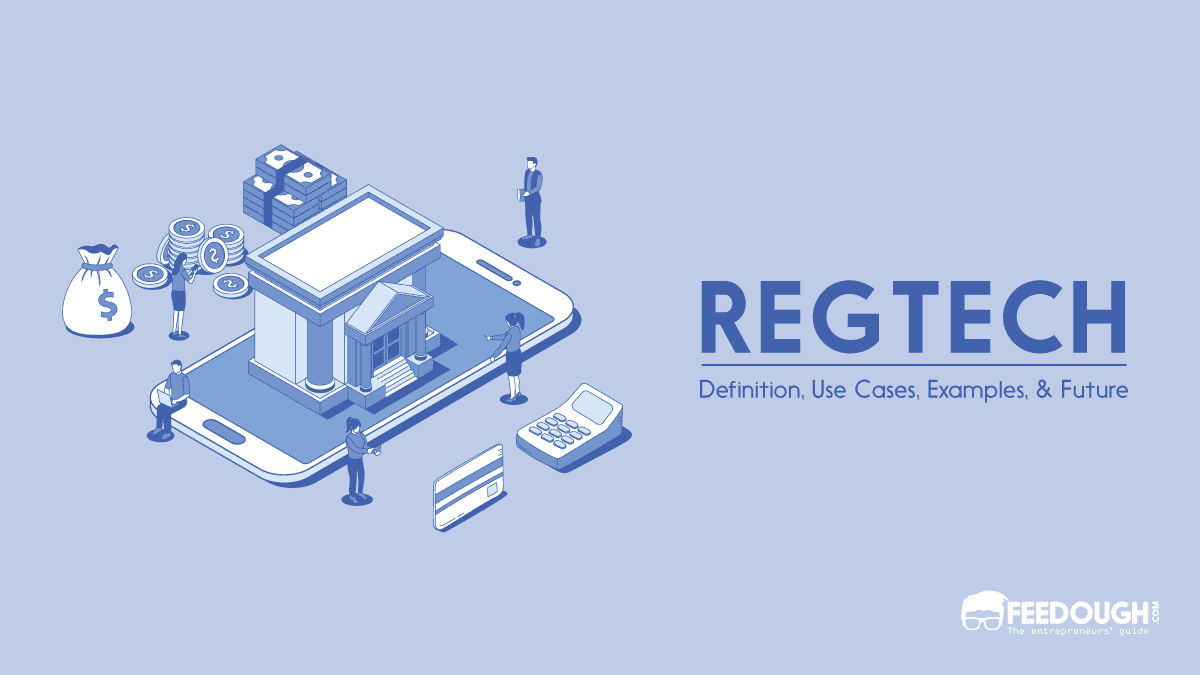How much does privacy matter to you?
A lot, right? What if your information regarding what you do online gets leaked? What if someone start selling your data?
It’s a nightmare. Isn’t it?
Trust me. It’s the same for your customers as well. No one likes someone prying on their privacy.
However, in today’s data-driven world, you have access to customers’ data that can give your company a significant edge. It can help you to know your customers and their needs. But, this information can be misused; hence, countries frame privacy laws.
Noncompliance with data protection laws can lead to severe repercussions ranging from a simple call to million-dollar penalties (Amazon had to pay $877 million). Therefore, you must understand and follow the privacy laws to access and protect your customer’s data.
So, what do this data protection and privacy mean? Why is it necessary, and how can this affect your business?
Let’s dive in to know more about it.
What Is Personal Data?
The expression “personal data” refers to any piece of information that may be used to identify a person. Therefore, it is also known as personal information or personally identifiable information.
The term personal data has a reasonably broad scope. It includes
- Information that is used to identify a person directly. For example, the name or the email address of an individual.
- Information that is used to identify a person indirectly. For instance, the phone number of a person cannot be used to identify a person. However, when paired with additional information, it has the potential to identify a person. The idea also applies to online identifiers like login passwords, cookies, IP addresses etc.
What Is Data Protection?
Data Protection is the system that ensures that only the people authorised to access a person’s data are allowed access to it. It also provides that a person’s personal information is safe and secure from breaches.
For a business, data protection is an act that helps it manage and protect its customers’ data that it collects from its website or any other source. Further, it ensures that the customers are informed about the information the company is collecting and how it is used.
Data Protection helps in protecting your customers’ data from hackers. Moreover, it also makes sure that your customers are getting what they want.
What All Data Do Online Startups Usually Collect?
Around 2.5 quintillion bytes of data are gathered daily, and this figure is escalating rapidly. Today, collecting the customer’s data enhances the operation and effectiveness of one’s business, regardless of the target market or the services or commodities they deliver. So, the companies gather their customer’s data.
The data collected by any business might include its user’s location, previous searches, IP address, and even the ads its customers most frequently click on, on the internet. It can also include the following information; however, it is not limited to this:
- Name of the Person
- Email addresses
- Phone numbers
- Shipping addresses
- ID numbers
- Login credentials
- Website usage data (e.g. heatmaps)
- Cookies
- Internet activity
- Location data
- Sensitive data about people:
- Race
- Gender
- Religion
- Photos
- Genetics
- Political or philosophical beliefs or affiliation
- Union membership
- Health data, etc.
Sources of Personal Data
When it comes to your customer’s data, you should know that it provides a significant commercial benefit. So, some of the most prominent sources used by businesses to collect their customer data and put it to profitable use are here as follows:
- Emails from customers or other businesses
- Web Forms
- Analytics logs
- Server logs
- Cookies
- Apps
- Market Research
- Facial-recognition Cameras
- Credit Cards or Loyalty Cards
- In-store Wifi Activity
- Signal Trackers
- GPS Tracking
- License Plates, etc.
Why Do Businesses Collect Their Customer’s Data?
Data is altering the world we live in and the way we operate. If you run a business and want to expand, data can help you take the next step. So, these are the reasons why companies acquire their customer’s data.
Strengthen Customer Database
Data collecting will help you strengthen your customer database.
You’ll be able to gather people’s IP addresses, email addresses, and maybe phone numbers who have interacted with your brand in some manner.
You may contact them about your prospects and strengthen your lead generation approach. In addition, you can better measure their interest in your brand based on how they interact with your website or respond to your adverts.
As a result, you’ll devote more time, effort, and market resources to generate high-quality leads.
Moreover, you’ll have all the information you need to send them effective promotional updates about your brand via SMS or email newsletters and other communications.
Improve Marketing Strategies
Data will provide a comprehensive market analysis and improve your marketing strategies.
It lets your company quickly identify what your consumers want from you and will tell you how your customers want to engage with your brand.
When you know more about your clients, you can tailor your business and marketing strategies to meet their demands better. You may also increase your communication with your target market. Finally, it would allow you to make the required changes to improve customer satisfaction and persuade your potential customers to convert.
More Personalised User Experience
Data enables a better and more personalised user experience.
Regarding marketing and product ideas, purchase confirmations, and any contact between your customers and your organisation, over 63% of consumers anticipate customisation from the companies they interact with. Data collection enables you to satisfy your customer expectations for personalised interactions and solutions.
Furthermore, the more you know about the items or services your consumers are interested in, the more likely you are to pitch them. It can help close the deal on products your customers are most likely to buy.
You may then segment your marketing campaigns based on your consumers’ shared interests and enable the various payment options on your website. It can also provide you with a better understanding of the devices that your clients prefer to use while accessing your website.
It contributes significantly to increasing your ROI, decreasing your sales cycle, and realising the type of growth you’ve always desired.
What Is The Need For Following Privacy Laws?
It’s becoming more accessible and familiar for businesses to collect large amounts of personal data. Thus, privacy law needed to be formulated to serve the following functions.
- Restricting the amount and type of personal information gathered by businesses
- Effectively limiting how businesses can obtain, store, or share their customers’ data.
- Establishing guidelines for how businesses can communicate directly with their consumers
Important Privacy Laws
Different legal jurisdictions take different ways to regulate an individual’s data. Also, many data protection laws have extraterritorial applications. It means they apply to businesses not within its territorial jurisdiction and are based outside its territory.
The following are some of the jurisdictions that have adopted privacy laws for data protection in their territory.
The European Union
Regarding regulating online privacy, the European Union (EU) is way ahead of the rest of the world. It has formulated the General Data Protection Regulation (GDPR) for data protection. All EU countries have signed this law, including the United Kingdom.
You must comply with EU privacy law if you do any of the following activities, regardless of where you conduct business.
- Provide goods and services in the EU.
- Monitor people’s behaviour within the EU, including monitoring behaviour through behavioural advertising campaigns.
The General Data Protection Regulation (GDPR)
The EU adopted the General Data Protection Regulation in 2016, one of its most significant accomplishments in recent years.
The GDPR is a data protection law that imposes obligations on businesses. These obligations include creating a Privacy Policy, only accessing the personal data of individuals on specific legal grounds, facilitating users’ data rights, storing data securely, reporting data breaches as soon as possible and many more.
The essential features of GDPR are as follows:
Who the law applies to?
The GDPR applies to every entity or person doing business in the EU. Therefore, businesses, sole proprietors, churches, government agencies, etc., must comply with it, irrespective of their size of operation.
Who the law protects?
The GDPR safeguards “natural persons” and thus applies when your business handles the personal data of your customers, employees, clients, etc.
How the law defines personal data?
The GDPR defines personal data as any information that could directly or indirectly identify a person. So it defines personal data very broadly that also cookies, IP addresses, Android IDs, GPS data, and so on, besides the apparent personal information like name, email etc.
The United States
The law governing privacy and data protection in the United States is underdeveloped. But, a few essential federal privacy laws apply to specific types of businesses.
For instance, the Children’s Online Privacy Protection Act (COPPA) protects children’s privacy. Likewise, the Health Insurance Information Privacy Act (HIPAA) protects patients’ data. But, these data protection laws do not apply to all businesses.
However, if you are operating in the United States. In that case, you must know some California state privacy laws, such as
These laws protect Californian consumers’ privacy. In addition, these apply to businesses operating in the United States if they meet the definition of “business” under the scope of these laws.
It is also essential for you to be aware of CAN-SPAM, a federal law that governs direct marketing activities.
The California Online Privacy Protection Act
The primary data protection law in the United States that generally applies is the California Online Privacy Protection Act 2003, state law rather than a federal one. It requires website operators to develop their Privacy Policy and prominently display it on their website or app.
The essential features of CalOPPA are as follows:
Who the law applies to?
CalOPPA applies to owners of commercial websites and apps that handle consumers’ personal data in California.
Who the law protects?
CalOPPA protects “consumers,” or private individuals living in California.
How the law defines personal data?
CalOPPA identifies six types of information as personal data. It includes name, email address, phone number, social security number, and anything that would allow you to contact the person.
The last type of information is the browser information, such as cookies and IP addresses, depending on how this information is stored.
For instance, when you store someone’s IP address and it is stored with other personal information about them, such as their email address, then the IP address becomes personal information; otherwise, it does not.
The California Consumer Privacy Act
The California Consumer Privacy Act 2018 gives consumers more control over the personal information collected by businesses. In addition, it mandates companies to facilitate various consumer rights. For example, it obligates businesses that their consumers can request access to their data and have it not sold, shared, or have it deleted.
The essential features of CCPA are as follows:
Who the law applies to?
CCPPA only applies to certain types of businesses. If your startup or business
- Already makes $25 million yearly or
- Makes most of its money selling, buying or receiving personal data from 50,000+ or more consumers, households, devices or
- The sale of your consumer personal information accounts for 50% or more of your annual revenue, CCPPA is likely to apply to you.
Who the law protects?
CCPPA protects “consumers,” or private individuals housed in California.
How the law defines personal data?
CCPA defines personal information as a piece of information that identifies, pertains to, describes, is capable of being connected to, or could be considerably linked directly or indirectly to a specific consumer or household.
How Can Startups Comply With Privacy Laws?
The Privacy Laws apply to all enterprises, whether it is private or public, that collect or process data. So, any business, whether an established company or a startup, needs to comply with the data protection laws by adhering to the following ways.
Create Your Privacy Policy
Creating a clear and accessible Privacy Policy is one of the most important ways to be transparent to your customers. It can also help you to avoid future legal issues. Above all, without a Privacy Policy, you appear unprofessional and suspicious.
Two factors influence the contents of your Privacy Policy are:
- Your company practises
- The Privacy Laws to which you adhere.
Furthermore, most data protection legislation requires a Privacy Policy to include the following basic information:
- The kinds of personal information you collect,
- The reasons why you process personal data, and
- Companies with which you share personal information.
Besides this, different privacy laws have varying transparency requirements.
Next, suppose you operate in more than one legal jurisdiction; for instance, the United States and the European Union. In this case, you may need to mention which sections of your Privacy Policy apply to which customer base of yours.
Thus, you can use privacy compliance software like Termly to comply with privacy laws. They help you automate your customer data processes. They can help you manage your customer information more efficiently.
Explain Your Data Collection And Usage Practices Your customers
Be specific and state what you are doing at this point. For example, suppose your website or app gathers, utilises, or reveals information that could be used to identify an individual or a device. In that case, your startup must have a privacy policy.
Your users must understand what data you are collecting, what you intend to do with it, and who you wish to share it with. As a result, inform your users about your data protection policies and the steps you take to protect their confidentiality.
Again, showing and saying what you do and following through on your promises are essential. So keep your promises and put your privacy policy into action.
Earn Your User’s Consent
Above all, confirm that you have the explicit consent of your customers before collecting their data. It must be free, informed, specific, and unambiguous.
For example, you need consent for cookies and other tracking technologies. In addition, you need to have your user’s permission for direct marketing. Next, if your startup offers a mobile application, in that case, you should be aware that there are strict guidelines for how that app collects data from a user’s device.
These requirements stem from privacy legislation and third-party performers like Apple and Google.
For example, when a developer wants their app to access their user’s data, Apple requires them to seek permission from their user and state the reason for such a request.
Secure The Data You Collect
It is essential to safeguard personal information and data about your users if you need to collect them. The first tip is to use a VPN to prevent the leak of collected private data. You can protect your startup’s network and prevent malicious people from infiltrating it and using the data obtained against you by using the virtual private network.
Only Collect The Information You Need
Collecting more data than you need may be tempting, believing it will be helpful in the future. However, this can cause complications.
Thus, it is advisable to consider the types of data your startup will need to collect based on how you want to use it and its relevance.
Some features may be more convenient for the user but not essential for a startup. So suggest to the user if they want to activate this feature. For example, geolocation is beneficial for the user to visit your website. You do not need to know where the user is.
Plan For Data Portability
If your users want, they should be able to access and recover all or a portion of their data. Your startup must inform your customers of this right and instruct them on how to exercise it.
Next, plan what you’ll do if you need to outsource the management of your user’s information to a third party.
While it is convincing for startups to believe that worrying about the user’s privacy is solely the responsibility of large corporations, they must also follow the law. Noncompliance with Privacy laws can result in penalties ranging from a simple call to a fine of up to millions. Not to mention the negative image your startup would have.
Bottom-Line?
Data protection and privacy laws are essential for any business. It helps you protect your customers from breaches. It allows you to remain compliant with privacy laws. It can help you improve your marketing strategy. Data Protection can also help you manage your customer’s information more efficiently.
However, you must take steps toward compliance from the start to save time and money in the long run.
- Determine the privacy laws you need to adhere to.
- Determine how personal data flows in and out of your organisation.
- Create a Privacy Policy and make it available to your customers.
- Consider how you can improve your users’ access to their data.
- Obtain your users’ permission whenever necessary or appropriate.
- Implement technical security measures to ensure the safe transfer and storage of personal data.
Go On, Tell Us What You Think!
Did we miss something? Come on! Tell us what you think about our article on privacy laws for startups in the comments section.
A lawyer and an avid reader with a keen interest in company laws. Anwesha has good experience of writing in the legal and startup industries for well over 10 companies. In her free time, you can find her reading fiction and stargazing.
